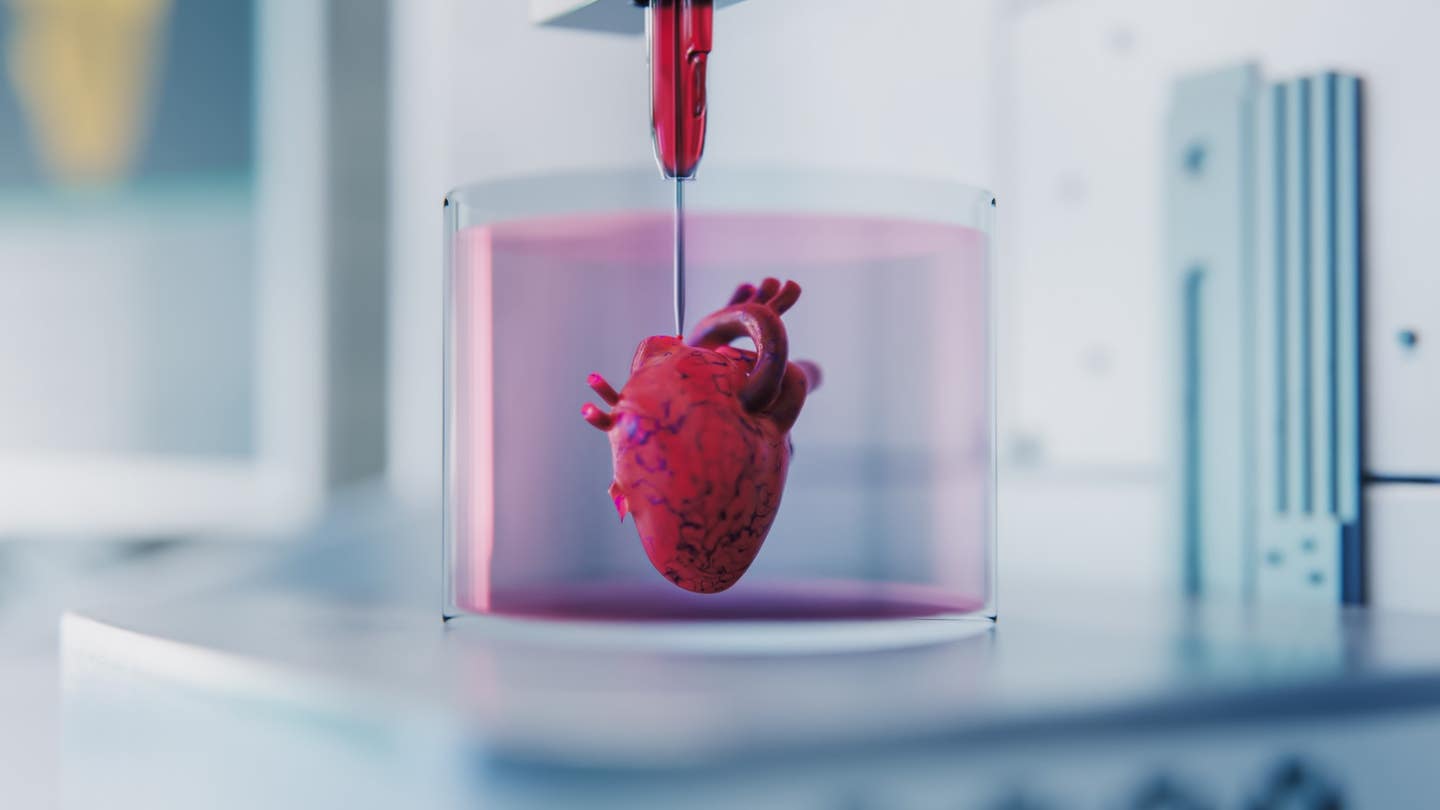Researchers Find Music-Listening Interventions Can Enhance Cancer Treatment
Music-listening interventions are like over-the-counter medications. ou don’t need a doctor to prescribe them.

[Mar. 23, 2023: JD Shavit, The Brighter Side of News]
Music-listening interventions are like over-the-counter medications. (CREDIT: Creative Commons)
While it is widely known that listening to a favorite song can boost one's mood, researchers at Michigan State University (MSU) have discovered that music-listening interventions can also make medicines more effective. According to a small pilot study conducted by the university, music therapy could improve chemotherapy treatment by reducing the severity of nausea.
“Music-listening interventions are like over-the-counter medications,” said Jason Kiernan, an assistant professor in the College of Nursing. “You don’t need a doctor to prescribe them.”
Previous studies have shown that music-listening interventions can be useful in treating pain and anxiety. However, Kiernan took a unique approach by examining the effects of music therapy on chemotherapy-induced nausea.
“Pain and anxiety are both neurological phenomena and are interpreted in the brain as a state,” Kiernan said. “Chemotherapy-induced nausea is not a stomach condition; it is a neurological one.”
Related Stories
The study included 12 patients undergoing chemotherapy treatment who agreed to listen to their favorite music for 30 minutes each time they needed to take their anti-nausea medication. They repeated the music intervention anytime nausea occurred over the five days beyond their chemotherapy treatment. The patients in the study provided a total of 64 events.
"While we listen to music, our brains fire all kinds of neurons," Kiernan said.
The study found that music therapy could reduce the severity of nausea and the distress it causes. However, Kiernan cautioned that it was challenging to isolate whether it was the gradual release of the medication or the increased benefit of the music that helped to reduce the symptoms.
For future studies, Kiernan is drawing inspiration from another previously published study that measured the amount of serotonin, a neurotransmitter, that was released by platelets in the blood after listening to unpleasant and pleasant music.
“Serotonin is the major neurotransmitter that causes chemotherapy-induced nausea,” Kiernan said. “Cancer patients take medications to block serotonin’s effects.”
During the previous study, researchers found that patients who listened to pleasant music experienced the lowest levels of serotonin release. This indicates that the serotonin stayed in the blood platelets and was not released to circulate throughout the body. Results also showed that after listening to unpleasant music, patients experienced greater stress and increased levels of serotonin release.
“This was intriguing because it provides a neurochemical explanation and a possible way to measure serotonin and the blood platelet release of serotonin in my study,” Kiernan said. “In 10 to 20 years, wouldn’t it be neat if you could use a nonpharmacological intervention like listening to 10 minutes of your favorite music to complement medicine?”
The study conducted by Kiernan is promising, as chemotherapy-induced nausea is a common and severe side effect of chemotherapy treatment. Patients often have to take anti-nausea medication, which can cause unwanted side effects like constipation, dizziness, and fatigue. In addition, chemotherapy patients may experience anxiety and depression, which can further worsen their symptoms.
According to the American Cancer Society, around 1.9 million new cancer cases are diagnosed in the United States each year. Many of these patients will undergo chemotherapy as part of their treatment, and nausea is a common side effect of the treatment.
The potential benefits of music therapy in treating chemotherapy-induced nausea and anxiety are significant. It is non-invasive, non-pharmacological, and easy to implement, making it a low-cost and accessible intervention.
Music therapy has been used for decades to treat various health conditions, including mental health disorders, chronic pain, and stroke rehabilitation. The therapy involves using music to address physical, emotional, cognitive, and social needs.
The research was published in the journal Clinical Nursing Research.
Note: Materials provided above by The Brighter Side of News. Content may be edited for style and length.
Like these kind of feel good stories? Get the Brighter Side of News' newsletter.
Joseph Shavit
Head Science News Writer | Communicating Innovation & Discovery
Based in Los Angeles, Joseph Shavit is an accomplished science journalist, head science news writer and co-founder at The Brighter Side of News, where he translates cutting-edge discoveries into compelling stories for a broad audience. With a strong background spanning science, business, product management, media leadership, and entrepreneurship, Joseph brings a unique perspective to science communication. His expertise allows him to uncover the intersection of technological advancements and market potential, shedding light on how groundbreaking research evolves into transformative products and industries.



